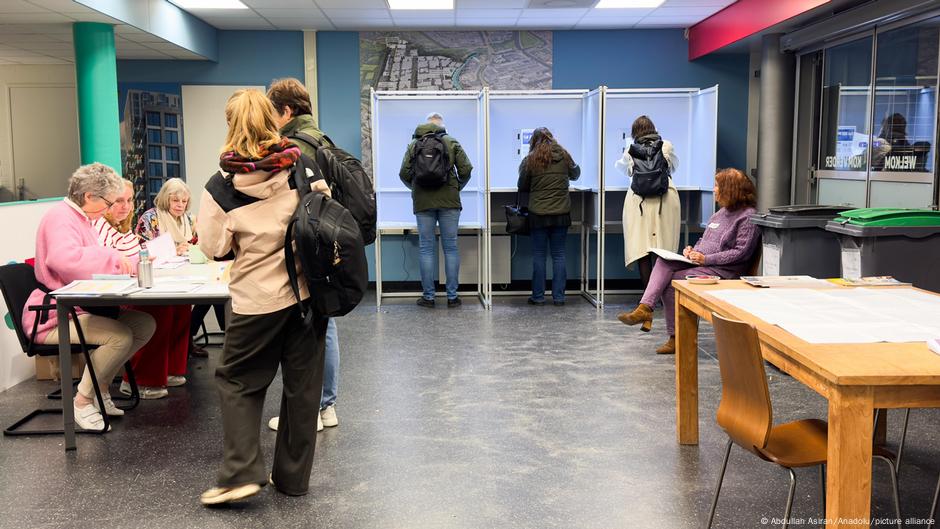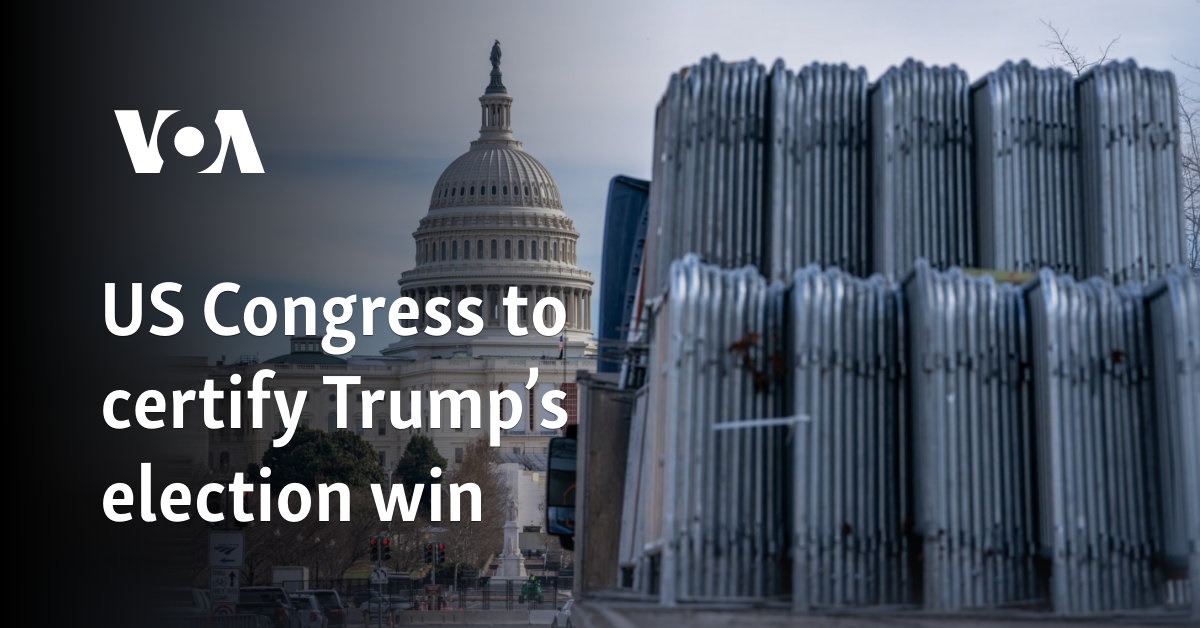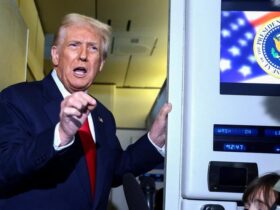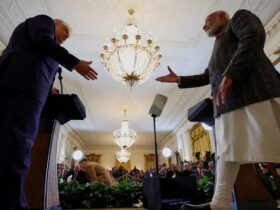Early exit polls in the Dutch election showed the centrist D66 party coming into first place, just ahead of Geert Wilders’ far-right Freedom Party, opening the way for Rob Jetten to become the Netherlands’ youngest prime minister.
The Netherlands went to the polls on Wednesday in a tightly contested national election that is being seen across Europe as a major test of the power of the far right.
The PVV faced new competition from two centrist parties, the Christian Democrats led by new leader Henri Bontenable, who promised stability and “traditional values”, and from the D66 led by Rob Jetten, who gained ground with a message focused on housing and education.
The Netherlands’ fragmented system ensures that no single party will reach the threshold of 76 seats to govern alone, meaning that lengthy coalition talks are almost inevitable – and the country’s political direction still hangs in the balance.
Wilders seemed to accept that his party would not reach first place. After the exit polls, Wilders wrote on Twitter: “The voters have had their say. We expected a different result but we stuck to our guns.”
Meanwhile, the D66 election night ceremony erupted into cheers and chants of “Yes, we can” as the crowd waved Dutch flags.
What was at stake in the Dutch elections?
The vote was a major test for Dutch voters to see whether they would double down on Wilders’ anti-immigration platform or swing back toward the political center after two years of unstable conservative rule. Their previous coalition collapsed in June when they withdrew support over immigration policy disputes.
Wilders, who calls himself “Dutch Trump”, had campaigned on rejecting all asylum applications – a move that would violate EU treaties – and redirecting development aid toward domestic spending. “People are fed up with mass immigration and culture change,” he told AFP news agency.
Before the vote, Wilders’ chances of becoming Prime Minister appeared slim. All major parties, including the centre-right People’s Party for Freedom and Democracy (VVD) and the conservative Christian Democrats, have ruled out governing with him.
Polls showed that almost half of Dutch voters remained undecided as the vote approached, underscoring political uncertainty.
Why was the Netherlands voting now?
Wilders opened the election by withdrawing the PVV from a fragile four-party government following a dispute over immigration quotas and family reunification rules, a move that broke the coalition and forced an early vote.
Their performance in the EU’s fifth-largest economy will be seen as a measure of how far-right parties are reshaping European politics, with nationalist movements also topping the polls in France, Germany and Britain.
Edited by: Shawn Sinico






Leave a Reply